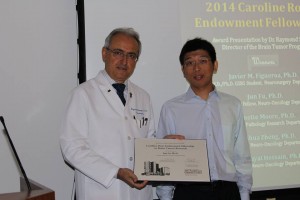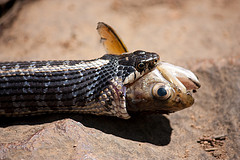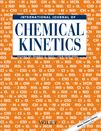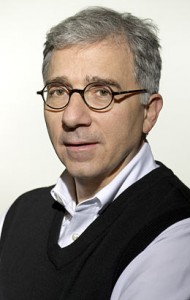
A paper by a former postdoc at MD Anderson Cancer Center who “admitted to knowingly and intentionally falsifying” a figure has been retracted.
In August, the Office of Research Integrity announced that it had sanctioned Jun Fu for faking data in a study of the results of a mouse study of NVP-HSP990, a Novartis compound designed to fight brain tumors. Here’s the notice for the study in question, published in Cancer Research:
Continue reading Retraction appears for faked study of Novartis anti-cancer compound







